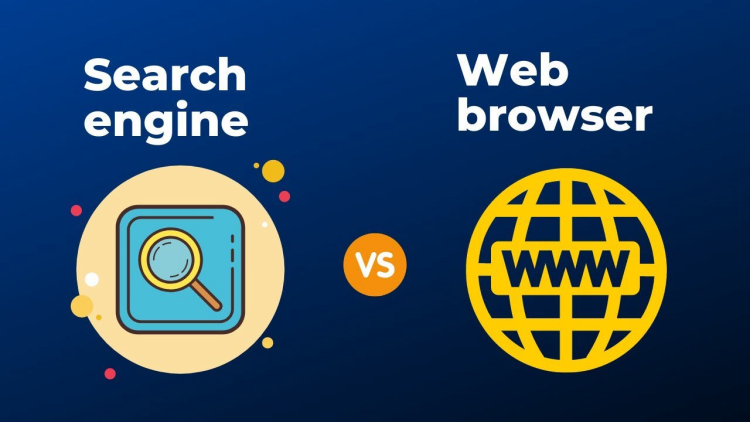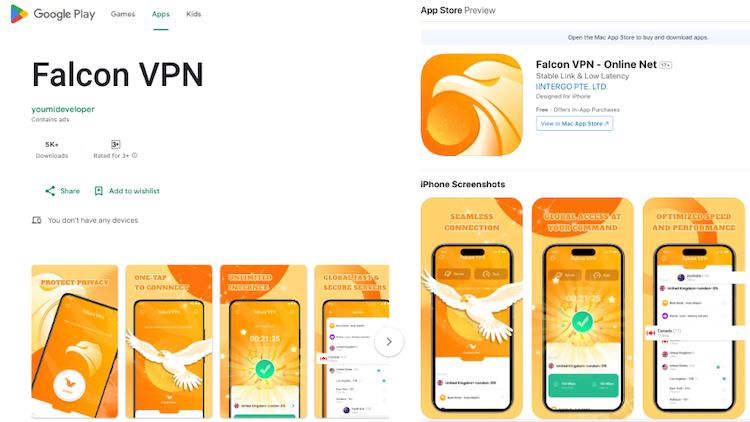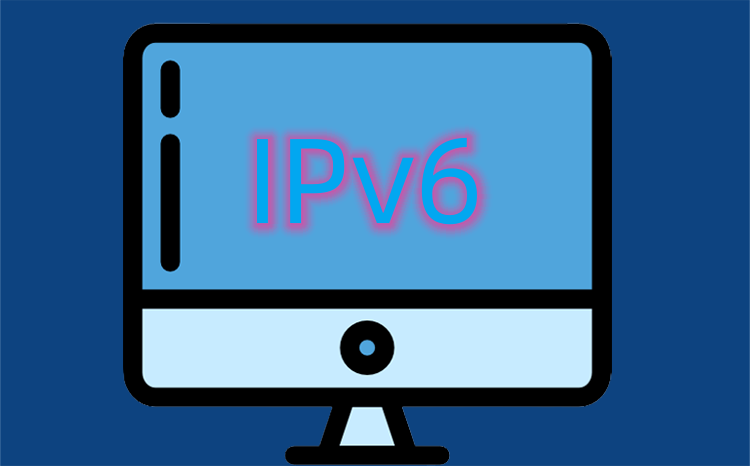Ever wondered about the difference between a browser and a search engine? It’s easy to confuse the two since they work together to help you explore the internet. While browsers like Google Chrome and Mozilla Firefox are tools to access the web, search engines such as Google and Bing are like powerful maps that help you find specific information online. Understanding the browser vs search engine difference will make navigating the digital world easier. Read on to discover what browsers and search engines are, how they function, and their key distinctions.

What is a browser on a computer?
Think of a browser as your personal gateway to the internet. A browser, or web browser, is a software application that lets you access and view web pages, images, videos, and more. Whether you’re typing in a URL to visit a specific site or clicking on hyperlinks to move between pages, a browser serves as the bridge between your device and the vast World Wide Web.
Key Features of a Browser
-
Access to Web Content: From blog posts to YouTube videos, your browser makes it all accessible.
-
Built-In Search Functionality: Use the browser’s search bar to find information without directly visiting a search engine.
-
Bookmarks and History: Save favorite sites for quick access and revisit pages through your browsing history.
-
Security Features: Protect yourself with features like anti-phishing, malware prevention, and private browsing modes.
-
Extensions and Customization: Tailor your browser with tools like ad blockers and free extensions for a personalized experience.
Popular Browsers
-
Google Chrome
-
Mozilla Firefox
-
Apple Safari
-
Microsoft Edge
-
Opera
What Is a Search Engine?
While a browser helps you access the internet, a search engine helps you find specific pieces of information online. Search engines operate through a combination of algorithms and web crawlers to provide you with the most relevant results based on the keywords you enter.
Key Features of a Search Engine
-
Keyword-Based Searches: Enter specific words or phrases to search for content.
-
Results Ranking: Displays results based on relevance, freshness, and quality, all formatted in a Search Engine Results Page (SERP).
-
Web Crawlers: Automated programs scan and index information across the internet.
-
Advanced Search Options: Narrow down results by filters like dates or types of content (images, videos, etc.).
Popular Search Engines
-
Google
-
Bing
-
Yahoo Search
-
DuckDuckGo
For added privacy when surfing the web, consider a free VPN for iPhone—Falcon VPN—that ensures your searches remain private.
Key Differences Between Browsers and Search Engines
Understanding the browser vs search engine distinction is easier when you think about their individual purposes. A browser is your tool to access the internet, while a search engine is your guide to finding information online.
Purpose Comparison
| Feature | Browser | Search Engine |
|---|---|---|
| Function | Accesses and displays web content | Finds and lists relevant web pages |
| Example | Google Chrome, Safari | Google Search, Bing |
Usage
-
Browser: Access specific websites by entering a URL
-
Search Engine: Locate information using keywords entered into a search bar.
Installation Requirements
-
Browser: Requires installation on your device.
-
Search Engine: No installation needed; accessible through a browser.
Accessibility
-
Browser: Reachable from your desktop, smartphone, tablet, or smart TV once installed.
-
Search Engine: Available from any browser with an internet connection.
Technical Components
| Component | Browser Tools | Search Engine Mechanisms |
|---|---|---|
| Interface | Address bar, tabs, navigation buttons | Search bar, filters, SERP layout |
| Functionality | Bookmarking, history, extensions | Indexing, ranking, crawling |
Database and Data Storage
-
Browser: Stores cookies, cache, and browsing history but doesn’t feature its own database of web content.
-
Search Engine: Maintains an updated database of millions of indexed pages to provide accurate results.
Dependency
-
Browser: Can function without a search engine (e.g., accessing a direct URL).
-
Search Engine: Requires an internet connection and a browser to function.
Data and Privacy Differences
-
Browser: Logs your history and downloads but offers private browsing options.
-
Search Engine: Collects personal data (like interests and search patterns) mainly for targeting ads and improving search relevancy.
Enhance Your Privacy with a VPN
If you're concerned about how your browser or search engine may track your data, using a VPN can add a strong layer of privacy. Free VPN proxy-Falcon VPN offers a simple way to protect your online activities from tracking, monitoring, and regional restrictions.
Here’s how to get started with Falcon VPN:

- Get the VPN App
Head over to FalconVPN and download the appropriate version for your device. - Complete Installation
Open the downloaded file and follow the prompts to install the VPN app on your device. - Open the VPN App
Launch the app after installation. Select your preferred server location. - Connect to Secure Your Internet
Hit the “Connect” button to encrypt your connection and protect your online activities.
Pairing your browser with a VPN ensures your web sessions remain private, no matter which search engine you use.
How to Set a Default Search Engine in Your Browser
Want to streamline your searches? Here’s how to set your preferred search engine:
Steps to Set a Default Search Engine
-
Open your browser’s settings (for example, in Google Chrome).
-
Navigate to the “Search Engine” section.
-
Select a search engine like Google, Bing, or DuckDuckGo from the dropdown list.
With options , a Free iphone vpn like Falcon VPN,you can also enhance your online privacy wherever you’re searching.
Browser vs Search Engine Takeaway
While a browser works as your bridge to the digital world, a search engine acts as your compass within it. They may work hand-in-hand, but each plays a unique role in how you interact with the web. By understanding their differences and how to optimize their use, you can elevate your online experience with tools like Falcon VPN ensuring your browsing remains secure and private.
Do you have a favorite browser or search engine? Share your thoughts below!
FAQs: Browser vs Search Engine
What is the main difference between a browser and a search engine?
A browser is a tool to access and display web pages, while a search engine helps you find specific information online using keywords.
Is Google a browser or a search engine?
Google is a search engine. Google Chrome is a browser. This explains the common confusion in the difference between Chrome and Google.
What is difference between Chrome and Google?
Google Chrome is a web browser used to access websites. Google (Google Search) is a search engine used to search for content on the internet.
Can I use a browser without a search engine?
Yes. You can directly enter a website URL into the address bar without using a search engine.
Do all browsers come with search engines?
Most browsers come with built-in access to search engines, allowing you to type queries directly into the address bar.
How does a VPN enhance my browser or search engine privacy?
A VPN encrypts your internet traffic, keeping your searches and browsing history private from ISPs and potential trackers. For example, using Falcon VPN with your browser helps protect your data.

John Miller is a tech enthusiast and online privacy advocate with over 8 years of experience in VPN and cybersecurity. He writes expert guides to help users navigate VPN options, enhance their online security, and protect their privacy on the internet.



